Mechanisms of Aging
As life expectancy increases, the demographic structure of our society is changing: the increased age of our population is making age-associated diseases more abundant than ever before. In fact, the aging process is a major risk factor for many chronic pathologies such as cardiovascular diseases, dementia, type 2 diabetes and a weakening immune system. Therefore, in the foreseeable future, “healthy aging" is one of the greatest societal challenges facing humanity. Scientifically and clinically validated strategies to improve healthspan - the disease-free period of life - are urgently needed.
The BioHealth research area "Mechanisms of Aging" investigates the mechanisms of cellular aging and the aging of whole organisms up to humans with the focus on healthy aging. Model organisms such as yeast, flies, and mice play an important role in this area, making it possible, among other things, to study health- and lifespan-promoting interventions. These include various health-promoting forms of fasting and caloric restriction as well as their pharmacological mimetics. The latter are substances that can mimic certain effects of fasting or caloric restriction, such as the natural polyamine spermidine. Mechanistically, autophagy, a cellular recycling process, plays a central role in translating the beneficial effects of fasting, caloric restriction and their mimetics and can protect cells from age-related damage. In addition, our BioHealth scientists cooperate with medical universities to test their findings and novel interventions obtained from model organisms for transferability to humans.
Currently, we are conducting research on the following topics:
- Function and regulation of autophagy in aging and age-associated disease.
- Metabolic changes and metabolic flexibility during aging.
- Spermidine as a fasting mimetic to promote life- and healthspan of organisms.
- Polyamines and their metabolism in regulation of cell-protective autophagy.
- Function and mechanisms of fasting and time-restricted eating in promoting healthy lifespan.
- Influence of known caloric restriction mimetics to improve sleep.
- Polyphenols as natural pharmacologically active agents against age-associated diseases.
Mechanisms of Aging
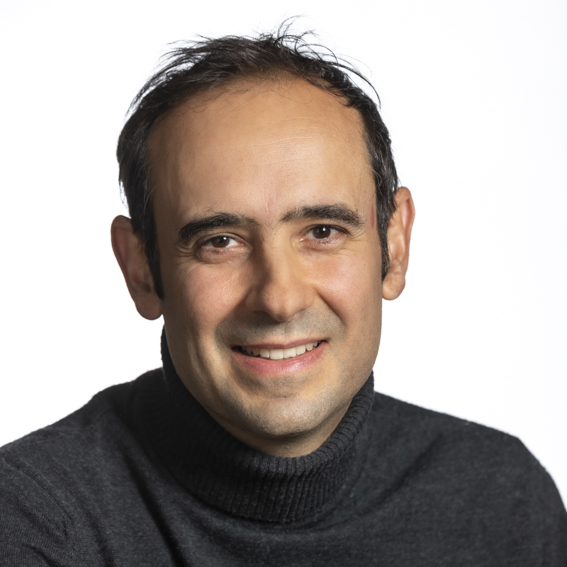
Assoz. Prof. Dr.rer.nat. Didac Carmona-Gutierrez
+43 316 380 - 1510
Doktoratsschule Molekularbiologie und Biochemie
nach Vereinbarung
ORCID: 0000-0001-7548-7771
www.uni-graz.at/madeo
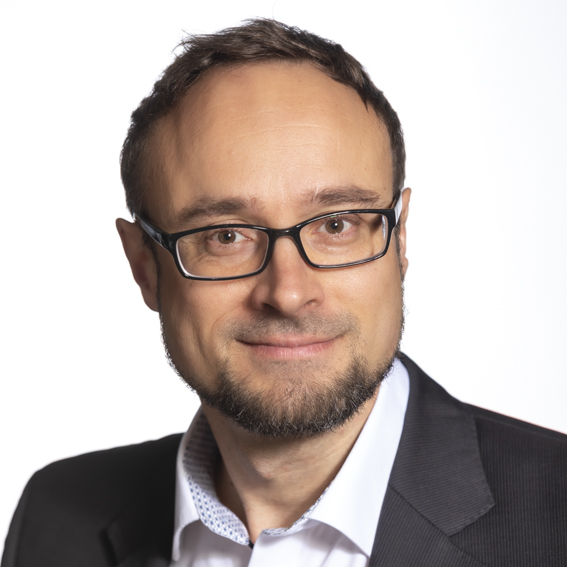
Dipl.-Ing. Dr.techn. Clemens Diwoky
+43 316 380 - 1966
Institut für Molekulare Biowissenschaften
nach Vereinbarung
ORCID: 0000-0001-7265-1142
https://molekularbiologie.uni-graz.at/en/key-technologies/praeklinische-funktionelle-magnetresonanz/
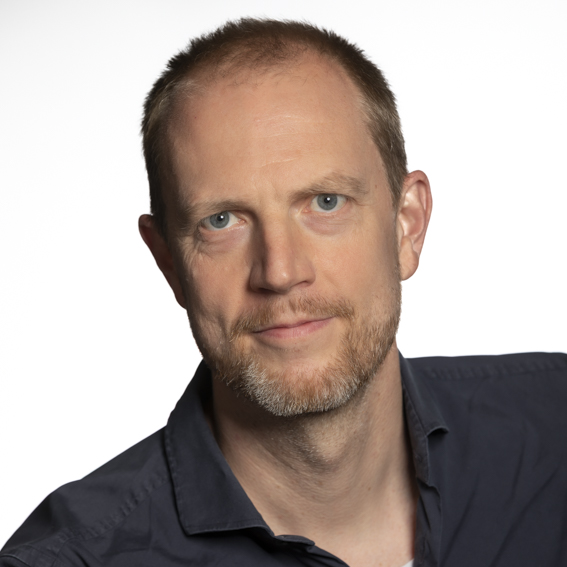
Assoz. Prof. Dipl.-Biochem. Dr.rer.nat. Tobias Eisenberg
+43 316 380 - 1499
Doktoratsschule Molekularbiologie und Biochemie
nach Vereinbarung
ORCID: 0000-0003-3559-1130
https://molekularbiologie.uni-graz.at/de/labor-tobias-eisenberg/
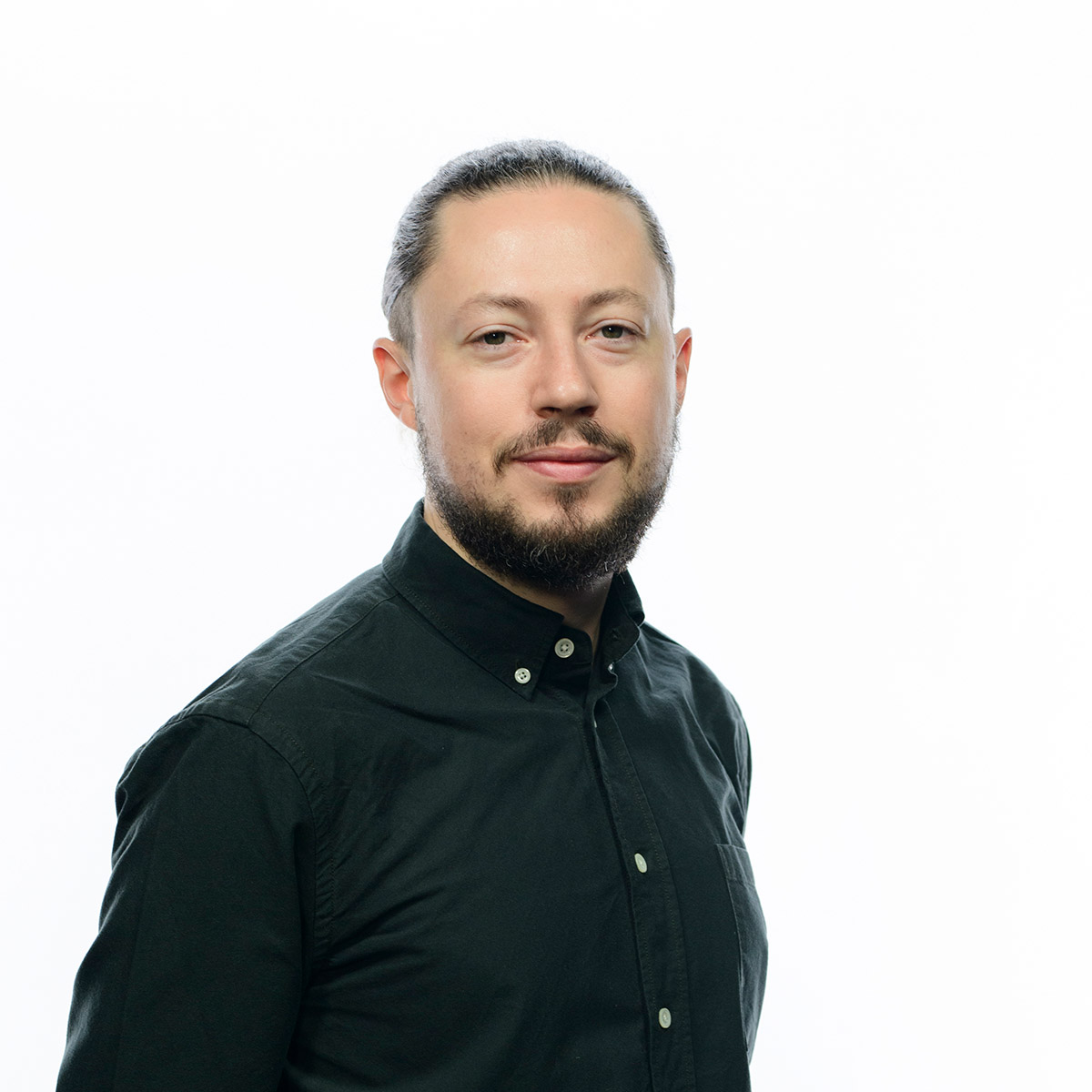
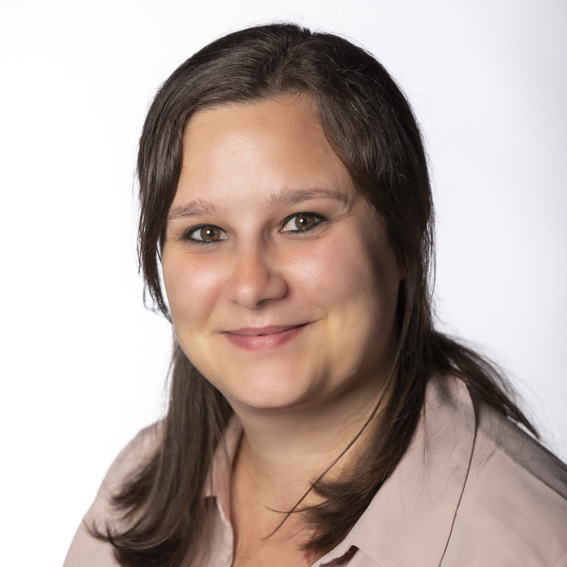
Dr.rer.nat. BSc MSc. Katharina Kainz

Univ.-Prof. Dr. Andreas Koeberle
+43 316 380 - 8630
Institut für Pharmazeutische Wissenschaften
ORCID: 0000-0001-6269-5088
https://pharmazie.uni-graz.at/en/research/pharmacognosy/
Assoz. Prof. Dr.phil. Mag.rer.nat. BSc MSc Andreas Konrad
+43 316 380 - 8336
Institut für Bewegungswissenschaften, Sport und Gesundheit
nach Vereinbarung
ORCID: 0000-0002-5588-1824
https://bewegungswissenschaften.uni-graz.at/
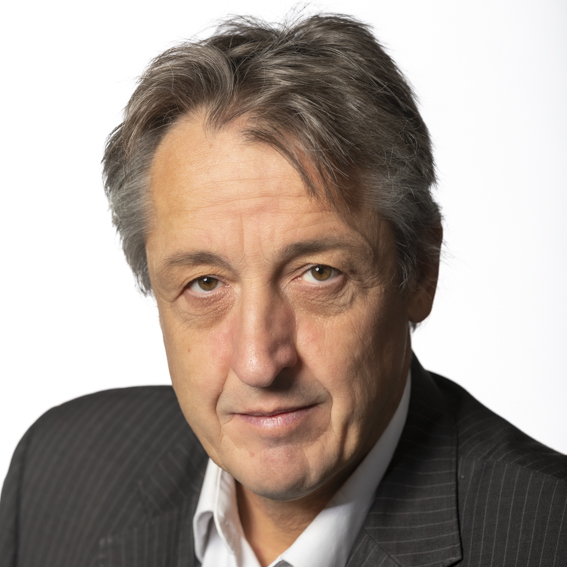
Univ.-Prof. Dr.rer.nat. Frank Madeo
+43 316 380 - 8878
Institut für Molekulare Biowissenschaften
Dienstag 13.00 Uhr bis 14.00 Uhr oder nach Absprache
ORCID: 0000-0002-5070-1329

Assoz. Prof. Mag. Dr.rer.nat. Brigitte Pertschy
+43 316 380 - 1518
Institut für Molekulare Biowissenschaften
ORCID: 0000-0003-3558-0191
https://molekularbiologie.uni-graz.at/de/arbeitsgruppen-bergler-pertschy/
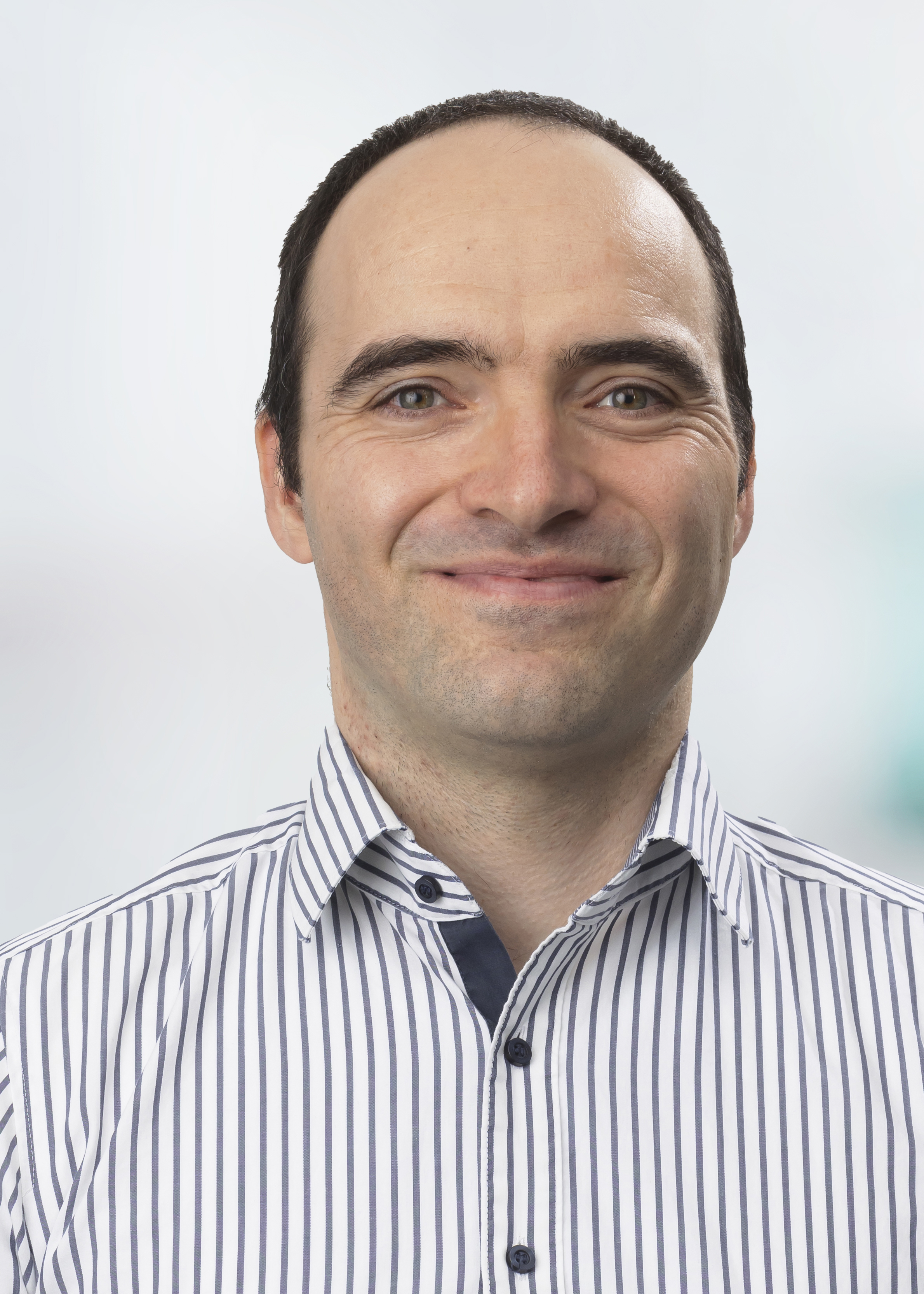
Univ.-Prof. Dr.rer.nat. Sebastian Preissl
+43 316 380 - 5570
Institut für Pharmazeutische Wissenschaften
nach Vereinbarung
ORCID: 000-0001-8971-5616
https://www.preissllab.org/
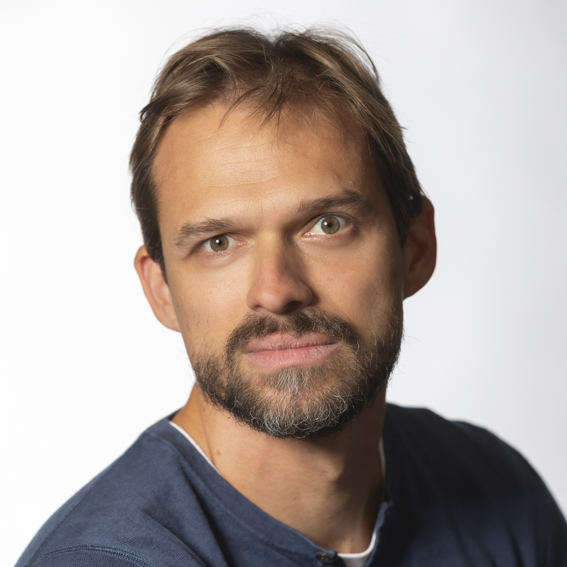
Assoz. Prof. Mag. Dr.rer.nat. Rudolf Christoph Ruckenstuhl
+43 316 380 - 1512
Doktoratsschule Molekularbiologie und Biochemie
nach Vereinbarung
ORCID: 0000-0002-4338-4679
https://molekularbiologie.uni-graz.at/de/alterung-zelltod-labor-frank-madeo/

Dr.rer.nat. BSc MSc. Jelena Tadic

Assoz. Prof. Mag. Dr. Gerhard Tschakert
+43 316 380 - 3907
Institut für Bewegungswissenschaften, Sport und Gesundheit
Mittwoch, 09.30 - 10.30, Büro Aigner-Rollett-Allee 39
ORCID: 0000-0003-4090-6395
https://bewegungswissenschaften.uni-graz.at/

Univ.-Prof. PhD Mireille van Poppel
+43 316 380 - 2335
Büro der Vizerektorin für Internationalisierung und Gleichstellung
ORCID: 0000-0001-5694-4324
https://bewegungswissenschaften.uni-graz.at
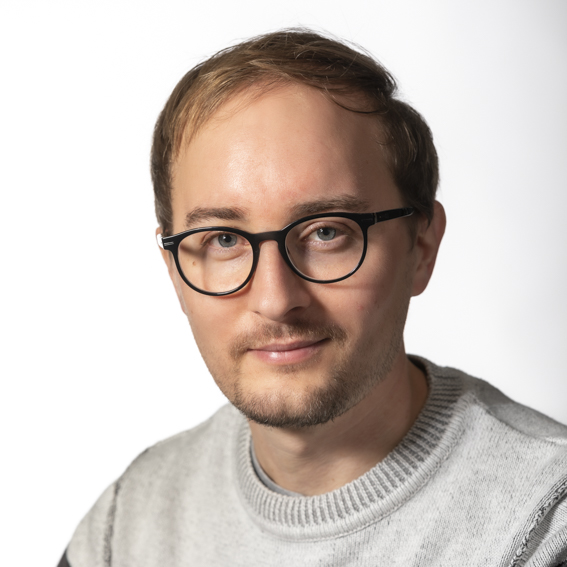
Dr.rer.nat. BSc MSc Andreas Zimmermann
+43 316 380 - 1498
Institut für Molekulare Biowissenschaften
Monday, 09:00-09:30; only after pre-registration via email
ORCID: 0000-0003-2249-944X
https://molekularbiologie.uni-graz.at/en/key-technologies/drosophila-facility/